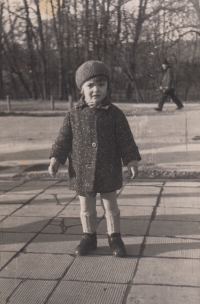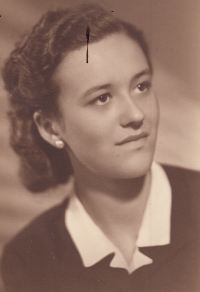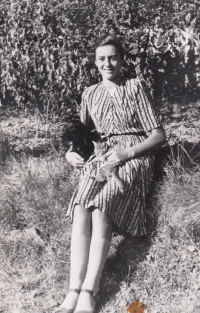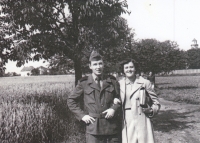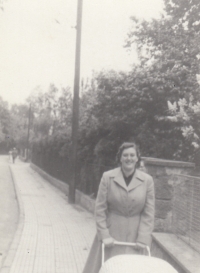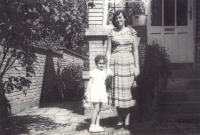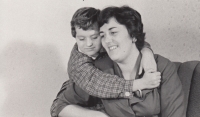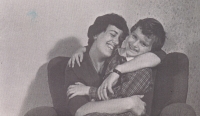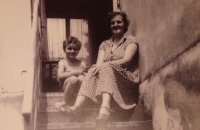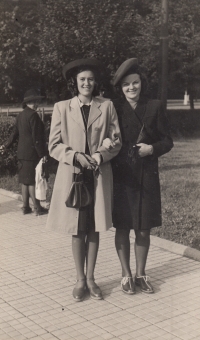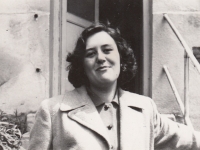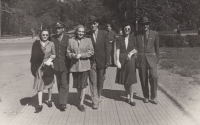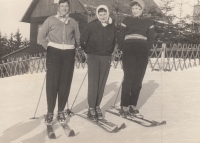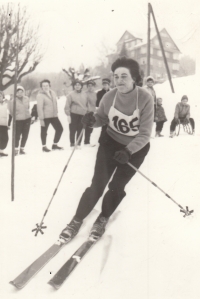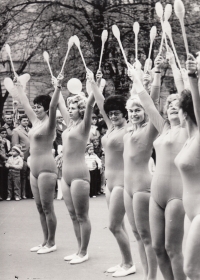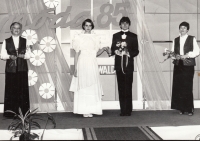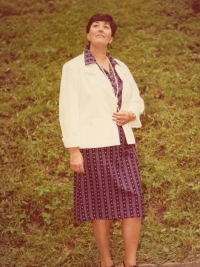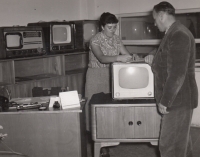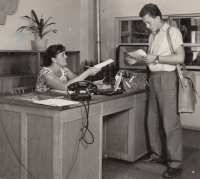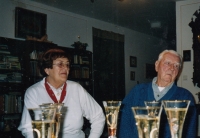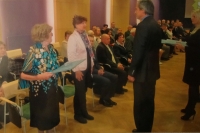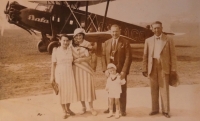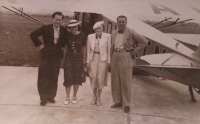When my dad was shot, I had to leave work for an hour
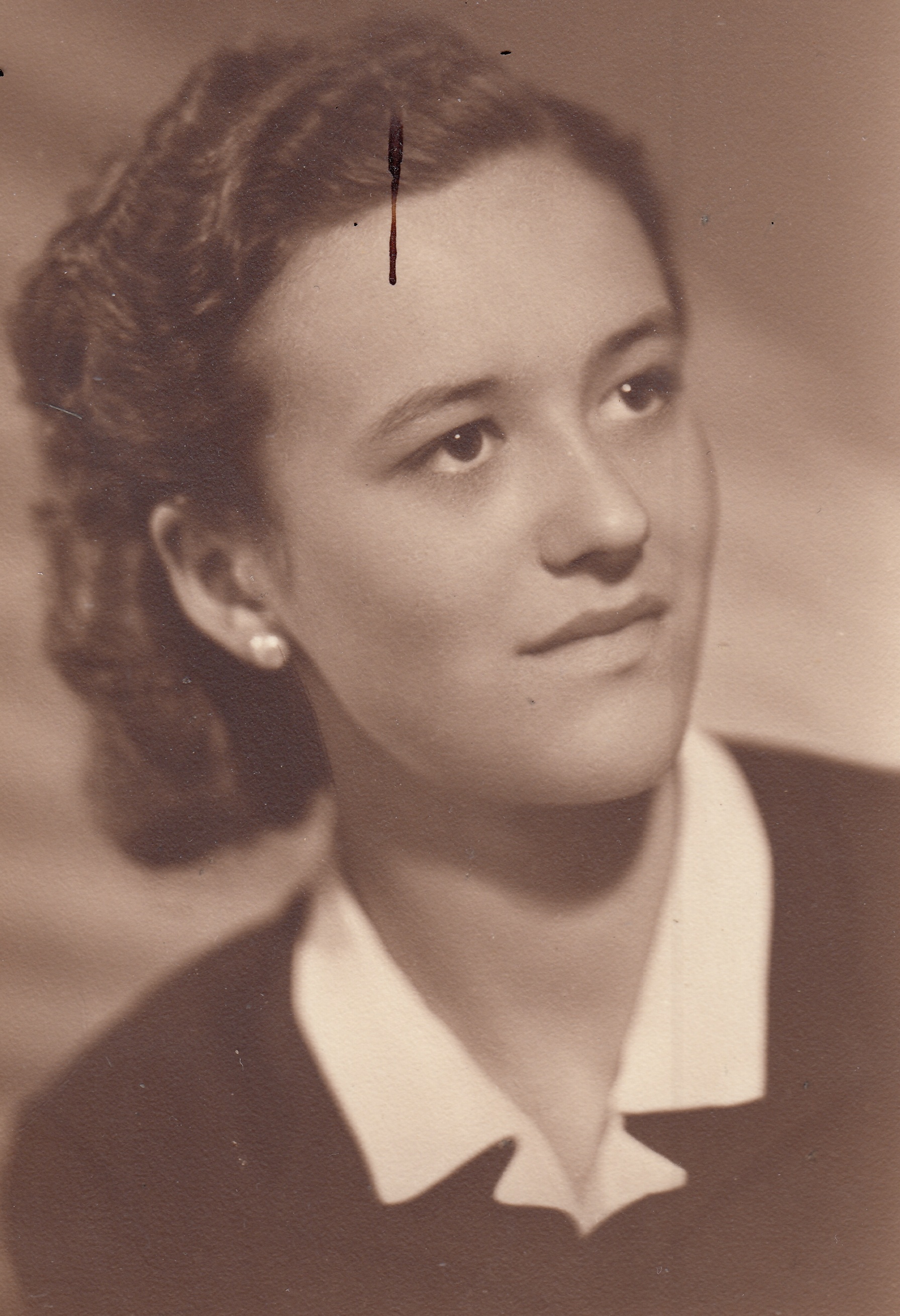
Download image
Ludmila Klinkovská, née Hovorková, was born on 17 April 1929 in Olomouc. She came from the family of the anti-Nazi and anti-communist resistance fighter Štěpán Hovorka and Eugenie Ederová. She was born in the Olomouc barracks, where her father worked as an armorer in the rank of staff sergeant in the Czechoslovak army. She lived most of her life in Zlín, where her Viennese grandparents, Marie and Albín Eder, built a generous villa on Na Výsluní Street. She graduated from the Masaryk Experimental School, followed up with two years of family school, and eventually became a correspondent in the Zlín branch of the Ministry of Foreign Affairs in Baťa’s Villa. From 1948 her father was active in the anti-communist resistance - he set up and manned two dead drops in the then Gottwaldov and was in personal contact with the courier Štěpán Gavenda. From 1 August 1949, when Gavenda got arrested at Prague Central Station, he went into hiding and, on 1 December 1949, was shot dead by State Security officers during a shootout in his hometown of Pečky. The police did not officially inform the family of Štěpán Hovorka’s death until six months after he was shot, only by sending a death certificate. Ludmila and her husband Ljuboš Klinkovský lost their jobs, as did Ludmila’s older sister Maria Čachová and her husband Jan. For several years, they faced difficulties, and both husbands of Štěpán Hovorka’s daughters could for some time only work as laborers. For a big part of her life, she worked in a TV repair dispatching center in Zlín. Persecution in the form of denial of the right to a preferred university education was also inflicted on Štěpán Hovorka’s two granddaughters, Ylona and Eva. After 1989, Ludmila Klinkovská applied for her father’s rehabilitation, and in 2014 he was recognized for his participation in the anti-communist resistance. At the time of filming (2023), the witness lived in the family villa in Zlín.
